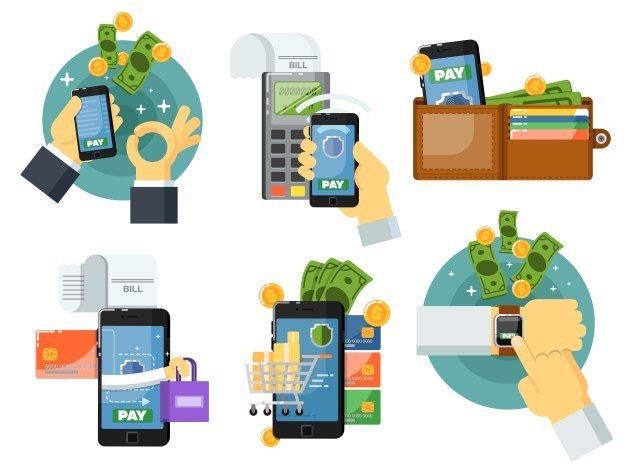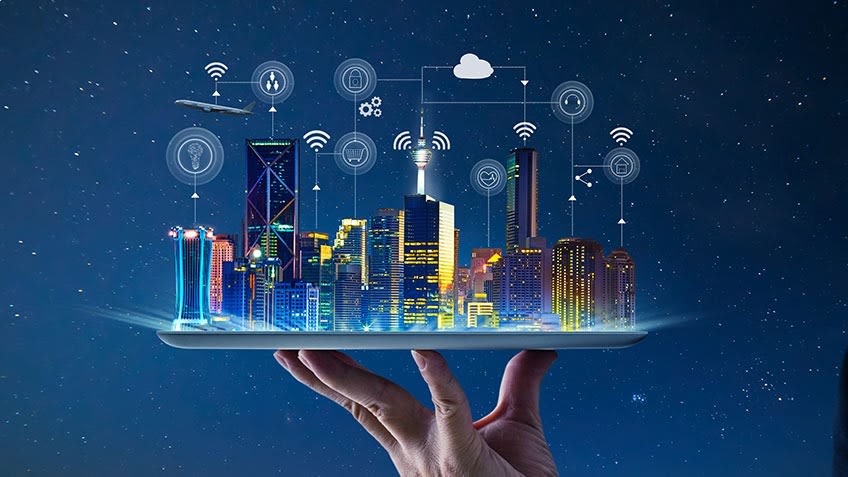According to the United Nations’ Better Than Cash Alliance (BTCA), the Philippine government and it’s private sector are expected to save up to $45 billion annually following the decision of the Bangko Sentral ng Pilipinas (BSP) to ramp up digital payments in the country.

Based at the United Nations, the Better Than Cash Alliance is a partnership of governments, companies and international organizations that accelerates the transition from cash to digital payments to advance the Sustainable Development Goals.
Philippine mode of payments
In a report titled “The state of digital payments in the Philippines,” BTCA said sustaining the momentum toward digital payments would have an outsized impact for the stakeholders.
The organization said previous studies have shown that electronic-invoicing and digitizing supplier payments produce cost savings of up to 8% of transaction amount.

Filipinos pay their purchases mostly through over the counters. While some of them starting to use digital wallets, online banking and thru convenience stores.
Based on the higher end of the range, the country could save as much as eight percent or $3.8 billion per month or close to $45 billion per year through the digitalization of supplier payments.
On the other hand, the cost of government to people (G2P) payments is 1.5 percent higher than that of digital means that is currently pegged at 0.7 percent.
“Of the $2.6 billion in G2P payments per month, over $1 billion is paid non-digitally. This translates to annual savings of $100 million for the government in G2P payments alone,” it said.
The future of e-payments
To further accelerate growth in digital payments, BTCA said all stakeholders need to work together to improve awareness, ubiquity, convenience and create compelling reasons for payers to go digital.

- Building new platforms –Philippine Payments Management Inc. (PPMI) needs to build platforms to enable fast growth in digital remittances and utility payments, while payment service providers should create a strong value proposition for small merchants.
- Building awareness – Private sector and the BSP should build awareness and trust in digital payments as well as eOR (electronic Official Receipt) acceptance and create digital invoicing system with the leadership of the Bureau of Internal Revenue (BIR).
- Promote use of e-payments across government agencies with the working group under the Finance and Management Committee.
- Fix and upgrade the current national ID through Republic Act 11055 or the Philippine Identification System (PhilSys) Act.
- Start tracking absolute volume of transactions to allow for easy progress monitoring with the BSP.
It said digitizing welfare payments and converting cash cards to basic accounts would provide up to 11 million individuals with their first digital store of value.
“Assuming that these newly banked consumers comprise half of the number of transactions of those who are currently banked in a month, this is equivalent to nearly 86.5 million additional digital transactions,” BTCA said.
Sources: philstar.com, betterthancash.org, adyen.com
Photo Sources: simplilearn.com, kogekar.com.au, shutterstock.com






